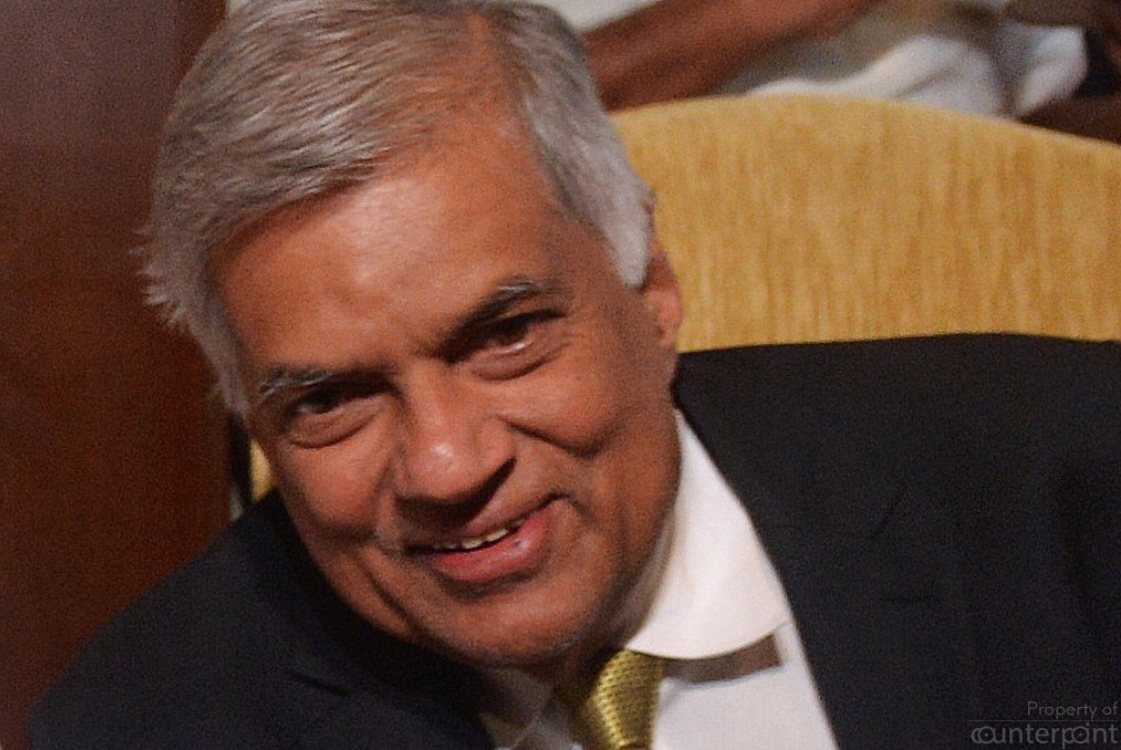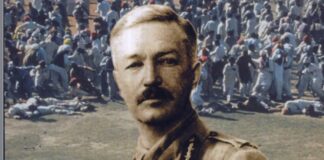COLOMBO, Sri Lanka—Sri Lanka’s new president said the country has experienced the worst of its economic crisis and that restoring political stability will allow it to begin turning a corner, starting with finalizing negotiations for an International Monetary Fund bailout that had stalled due to recent turmoil.
“I think we’ve already hit the bottom,” Ranil Wickremesinghe said in an interview Sunday with The Wall Street Journal. “I can see the light at the end of the tunnel; it’s how fast we can get to it.”
He also acknowledged that it will take months before most Sri Lankans, who have faced runaway inflation and long queues for fuel and cooking gas, will begin to see their economic circumstances improve markedly.
Speaking from his office in the Presidential Secretariat, which Mr. Wickremesinghe only moved into on Wednesday after it had been occupied earlier in July by protesters, the president said he expected the IMF staff-level agreement to be reached by the end of August, after which the country would be able to further talks with sovereign bondholders and bilateral creditors. Any preliminary agreement would still require IMF board approval for the disbursement of funds, a process that could take months.
“We are down to the nitty-gritty,” he said. “We would have had it this month [July] if it were not for the unstable political condition.”
Ranil Wickremesinghe was elected president after winning a parliamentary vote in July.
Mr. Wickremesinghe also said it wasn’t the right time for former president Gotabaya Rajapaksa to return to Sri Lanka, saying it could inflame political tensions among tens of thousands of protesters who rallied to oust him over his management of the economy. Mr Rajapaksa left the country on a military aircraft bound for the Maldives on July 13, before travelling onward to Singapore where he resigned over email.
Sri Lanka’s cabinet spokesman Bandula Gunawardena said on Tuesday that Mr Rajapaksa wasn’t in hiding and was expected to return. But Mr Wickremesinghe, who said he remained in contact with Mr Rajapaksa to deal with administrative handover issues and other government business, said Mr Rajapaksa hadn’t told him he planned to return to Sri Lanka soon.
“I don’t believe it’s the time for him to return,” he said. “I have no indication of him returning soon.”
Mr Wickremesinghe, 73, was elected president on July 20 after winning a parliamentary vote to replace Mr. Rajapaksa but remains widely unpopular among Sri Lanka’s broader public and its protest movement, who see him as closely aligned with the former president and his family. On July 9, the same day protesters stormed and occupied the presidential secretariat and official residence, hounding Mr Rajapaksa out of office, protesters also breached Mr Wickremesinghe’s official and private residences, setting fire to the latter. Protesters have since handed back control of all state buildings to authorities.
Mr Wickremesinghe’s elevation has been all the more remarkable given that he had earlier committed publicly to resigning as a prime minister alongside Mr Rajapaksa to make way for a new unity government and that his party clinched just one parliamentary seat in the last elections.
The president defended the legitimacy of his election on Sunday



 Logging you in...
Logging you in... Loading IntenseDebate Comments...
Loading IntenseDebate Comments...

